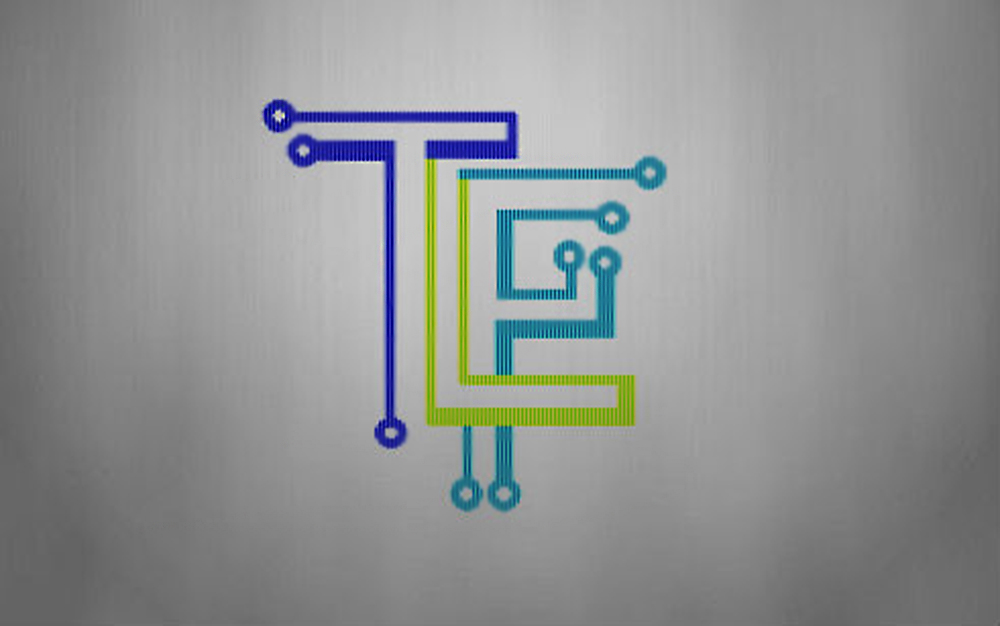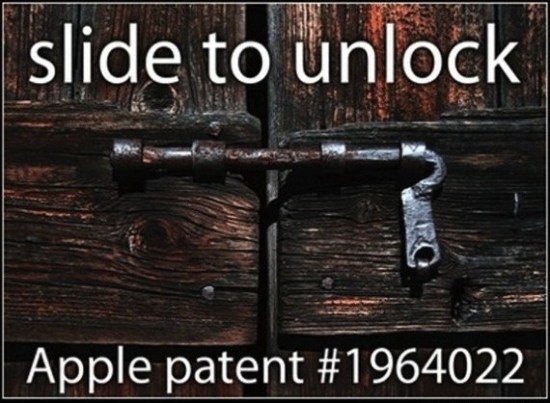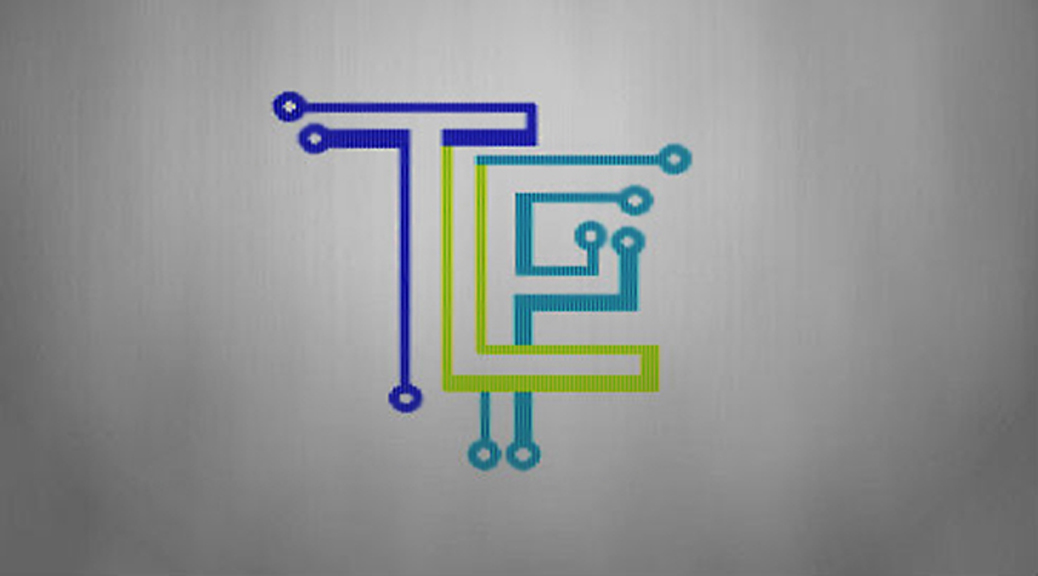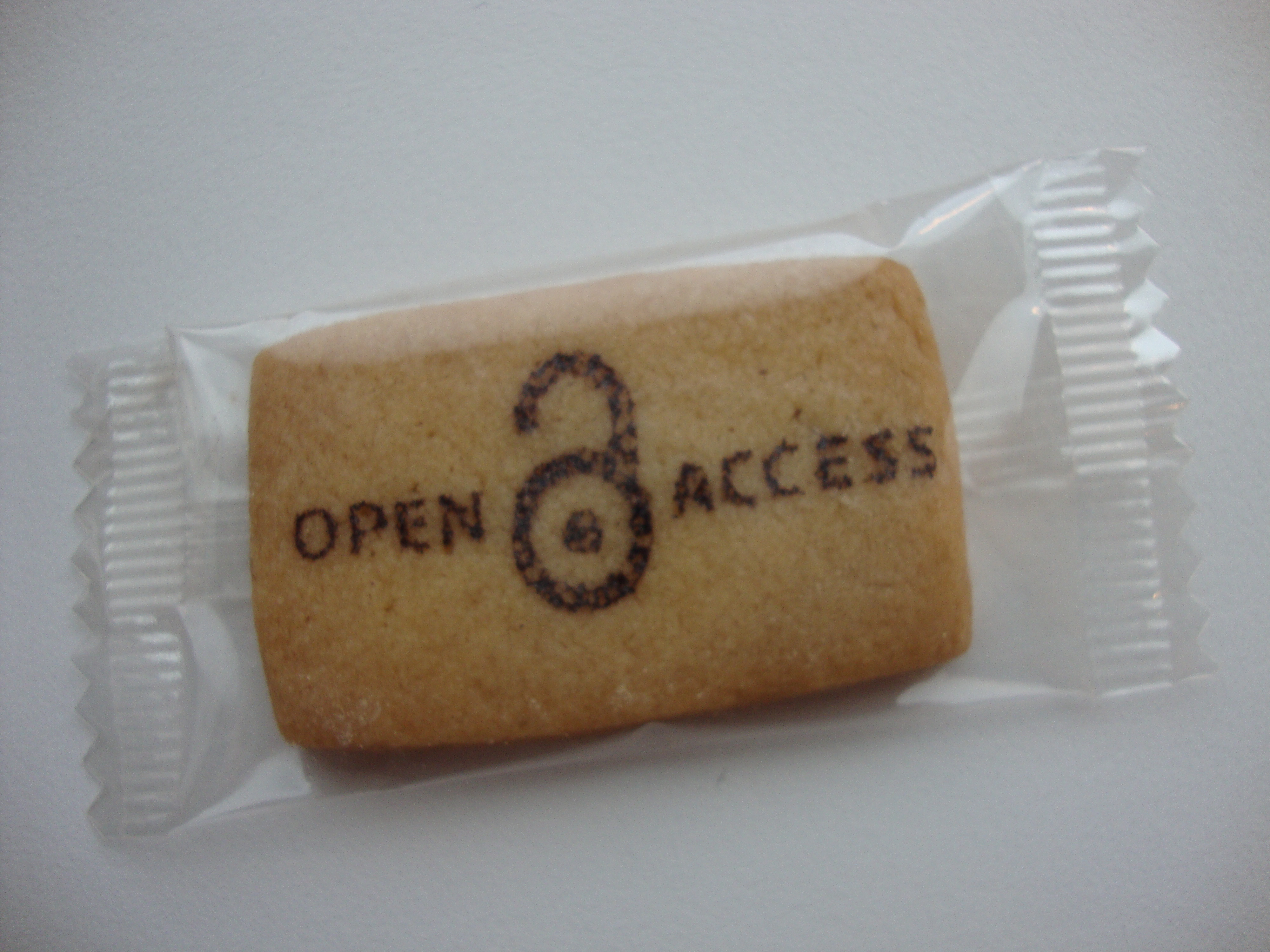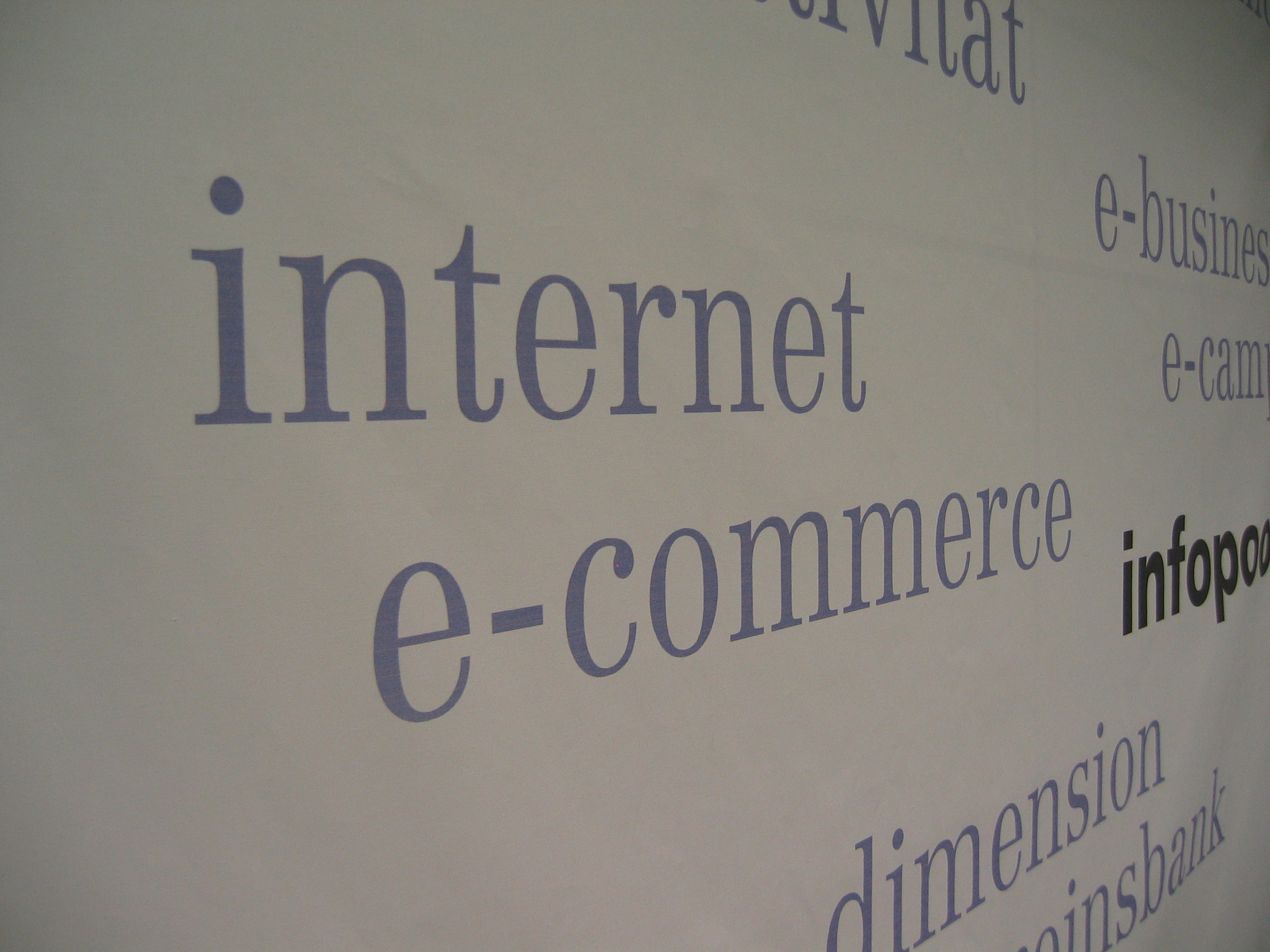1. Google’s New Open Source Privacy Effort Looks Back to the ’60s, by Elizabeth Dwoskin, Wall Street Journal Blogs – Digits. 2. Global Web Crackdown Arrests 17, Seizes Hundreds Of Dark Net Domains, by Andy Greenberg, Wired. 3. India Plans to Deal with Malicious Cyber-activities With New National Cyber Coordination Center, by Radu Tyrsina, Technology Personalized. 4. Facebook sees a 24% increase…
Privacy on Facebook: An Absolute Prerequisite
[Image Source: http://flic.kr/p/86Q3gF] Social networking websites have taken the Internet by storm in today’s organic society. One such website, Facebook, with over a billion users has often been referred to as the ‘third largest country’ of the world. The rise of Facebook to soaring heights can be credited to first, the intensive monitoring of its users…
The Concept of a Software Patent in India
Image Source (9 to 5 Mac, available at http://goo.gl/igU7Bd) A new challenge to the legal profession, particularly in the domain of intellectual property rights, has been that of examining the idea of a software. New software, with varying levels of originality or innovation is created every day. If you made one unlike anybody else ever had…
The Status of Electronic Surveillance Laws in India: An Overview (Part II)
(Image Source: https://flic.kr/p/6YSTmq) The following is the last in a series of two posts on the Electronic Surveillance laws in India, brought to us by Anurag Dasgupta, CNLU Patna. FEW OTHER STATUTES WHICH AIM AT REGULATING SURVEILLANCE IN INDIA
The Status of Electronic Surveillance Laws in India: An Overview (Part I)
(Image Source: https://flic.kr/p/6YSTmq) The following is the first in a series of two posts on the Electronic Surveillance laws in India, brought to us by Anurag Dasgupta, CNLU Patna. After the wave of liberalisation and globalisation; the demographics of various countries have changed, (for better), such change also includes within itself the technological impetus, which many…
Editors' Picks (02/11/2014)
1. Google is Not What it Seems, Julian Assange, WikiLeaks. 2. Hungary’s Orban puts Internet tax on hold after huge protests, Kriztina Than and Marton Dunai, Reuters. 3. Good Intentions, Recalcitrant Text – I: Why India’s Proposal at the ITU is Troubling for Internet Freedoms, Geeta Hariharan, CIS-India. 4. Good Intentions, Recalcitrant Text – II:…
Public.Resource.Org and others petition Bureau of Indian Standards for Open Access
(Image Source https://flic.kr/p/aCWXFf) Public.Resource.Org along with other civil liberties advocates in India and Abroad has filed a petition with the Bureau of Indian Standards asking it to make its standards publicly available for free online. The petition is an commendable and crucial step forward for the right to information. The supporters of the petition include Carl Malamud, the…
Editors' Picks (26/10/14)
1. A Fox on a Fishing Expedition, by Saikat Datta, Outlook 2. Surveillance Self-Defense Toolkit, by the Electronic Frontier Foundation. 3. Bitcoin Regulation in Japan, by Kevin Cruz, Bitcoin Magazine. 4. Hungary Wants to Tax Internet Data Transfers, Colin Lecher, The Verge. 5. BBC to publish ‘Right to be Forgotten’ removals list, Dave Lee, BBC. (Video Link):…
DHC on Jurisdiction in E-Commerce: WWE v. M/S. Reshma Collection
(Image Source: https://flic.kr/p/KcswR) In a judgement dated 15th October 2014, the Delhi High Court has decreed, in the case of World Wrestling Entertainment, Inc. v. M/S Reshma Collection, that if you buy an item in Delhi through online retail, Delhi courts have the jurisdiction to hear disputes in relation to your shopping. This post analyses…
Editors' Picks (19/10/14)
1. The Right Way to Fix the Internet, George Anders, MIT Technology Review. 2. Laura Poitras on the Crypto Tools That Made Her Snowden Film Possible, Andy Greenberg, WIRED. 3. How Anonabox Went From Privacy Savior to Scam in Less Than a Week, Joseph Cox, Motherboard. 4. Google Is Trying To Create An Ultra-Fast Wireless Service, Alexei Oreskovic, Reuters . 5. Innovation Works…
